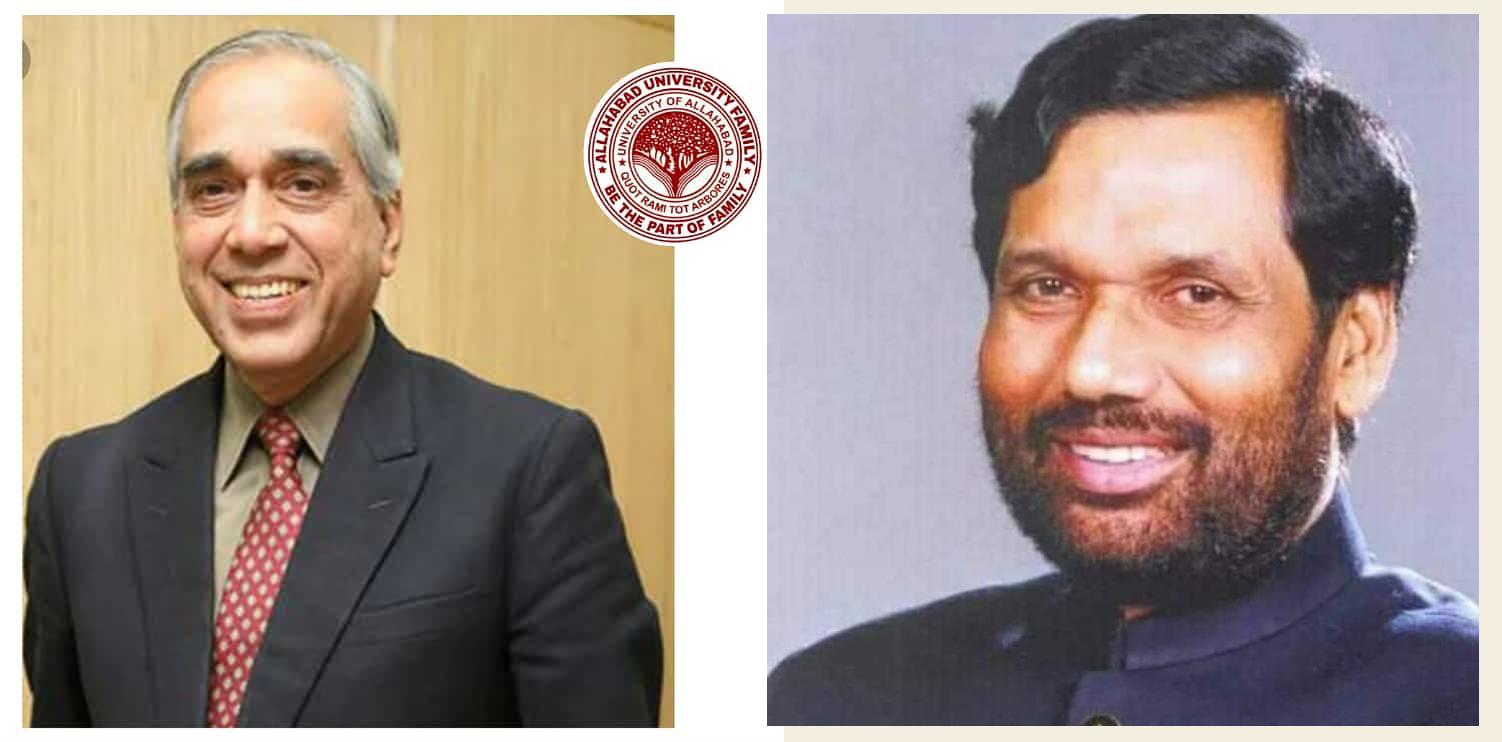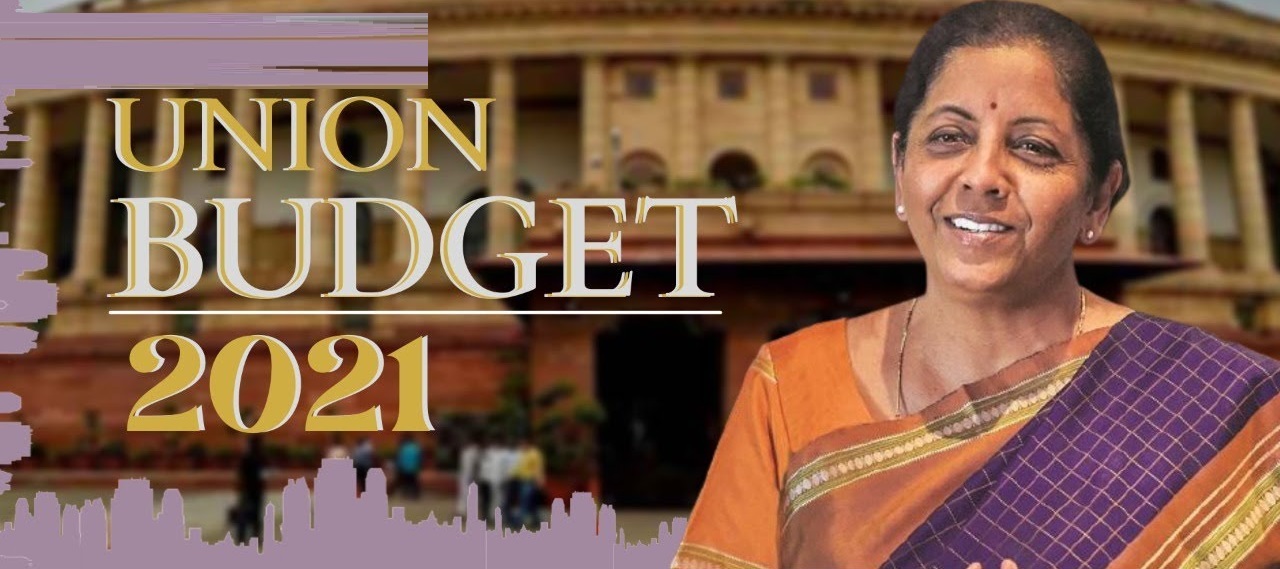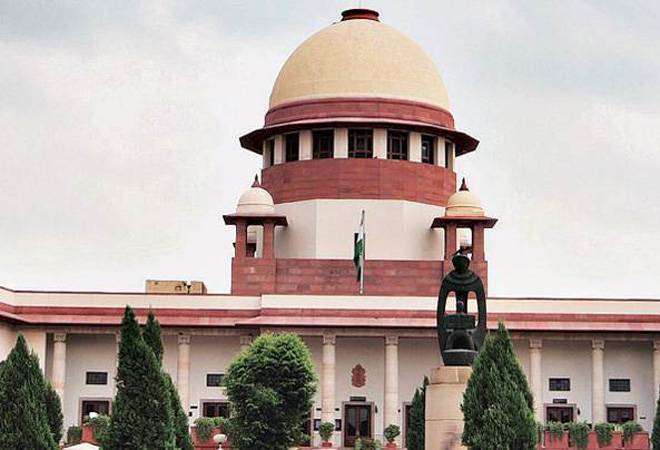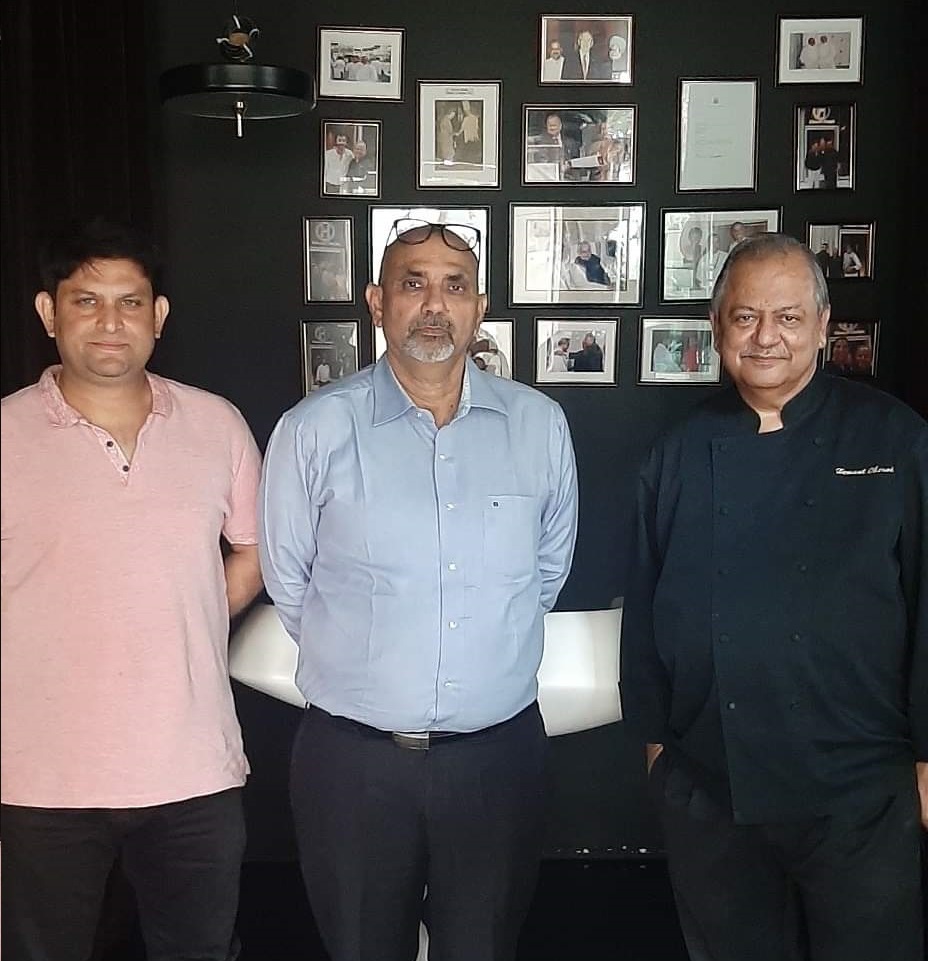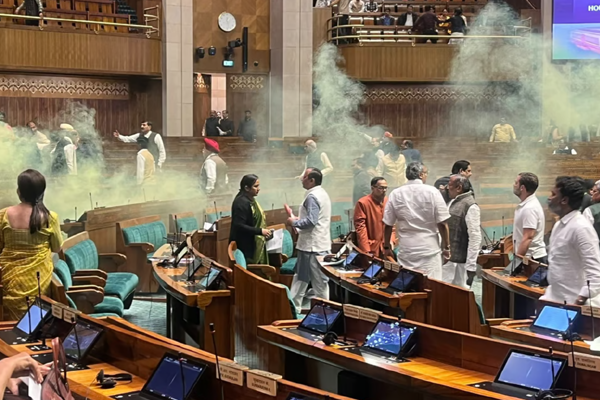
Smoke Attack on Parliament in the eyes of Indian Penal Code (IPC), a lawyer perspective
According to the news reports123, the smoke attackers who breached the Parliament on December 13, 2023, were protesting against various issues such as unemployment, inflation, and farm laws.
They threw smoke canisters and pamphlets inside the Parliament, causing chaos and disruption. They were arrested and charged under various sections of the Indian Penal Code (IPC) and the Prevention of Damage to Public Property Act, 1984 (PDPPA).
Some of the possible sections of the IPC that could be invoked against the smoke attackers are:
Section 121: Waging or attempting to wage war, or abetting waging of war, against the Government of India. This section carries the punishment of death or imprisonment for life and fine.
Section 124A: Sedition. This section penalises any words, signs, or representations that can cause disaffection against the Government of India. The punishment is imprisonment for life or for any term which may extend to three years, and fine.
Section 153A: Promoting enmity between different groups on grounds of religion, race, place of birth, residence, language, etc., and doing acts prejudicial to maintenance of harmony. This section carries the punishment of imprisonment for three years, or fine, or both.
Section 186: Obstructing public servant in discharge of public functions. This section carries the punishment of imprisonment for three months, or fine of five hundred rupees, or both.
Section 307: Attempt to murder. This section penalises any act done with the intention or knowledge of causing death. The punishment is imprisonment for life, or imprisonment for ten years, and fine.
Section 332: Voluntarily causing hurt to deter public servant from his duty. This section carries the punishment of imprisonment for three years, or fine, or both.
Section 353: Assault or criminal force to deter public servant from discharge of his duty. This section carries the punishment of imprisonment for two years, or fine, or both.
Section 427: Mischief causing damage to the amount of fifty rupees or upwards. This section carries the punishment of imprisonment for two years, or fine, or both.
Section 435: Mischief by fire or explosive substance with intent to cause damage to amount of one hundred or (in case of agricultural produce) ten rupees. This section carries the punishment of imprisonment for life, or imprisonment for ten years, and fine.
Section 436: Mischief by fire or explosive substance with intent to destroy house, etc. This section carries the punishment of imprisonment for life, or imprisonment for ten years, and fine.
Section 440: Mischief committed after preparation made for causing death or hurt. This section carries the punishment of imprisonment for life, or imprisonment for ten years, and fine.
Some of the possible sections of the PDPPA that could be invoked against the smoke attackers are:
Section 3: Mischief causing damage to public property. This section penalises any person who commits mischief by doing any act in respect of any public property which causes or is likely to cause damage or loss to that property. The punishment is imprisonment for five years, and fine.
Section 4: Mischief causing damage to public property by fire or explosive substance. This section penalises any person who commits mischief by fire or explosive substance in respect of any public property which causes or is likely to cause damage or loss to that property. The punishment is imprisonment for ten years, and fine.
These are some of the legal provisions that could be relevant for a legal case against the smoke attackers in Parliament. However, this is not a comprehensive or authoritative list.
Your free access to Supreme Law News has expired
For further details contact:
Dr. Ajay Kummar Pandey
( LLM, MBA, (UK), PhD, AIMA, AFAI, PHD Chamber, ICTC, PCI, FCC, DFC, PPL, MNP, BNI, ICJ (UK), WP, (UK), MLE, Harvard Square, London, CT, Blair Singer Institute, (USA), Dip. in International Crime, Leiden University, the Netherlands )
Advocate & Consultant Supreme Court of India, High Courts & Tribunals.
Delhi, Mumbai & Dubai
Tel: M- 91- 9818320572. Email: editor.kumar@gmail.com
Website:
www.supremelawnews.com
www.ajaykr.com, www.4Csupremelawint.com
Facebook: /4Clawfirm, /legalajay Linkedin: /ajaykumarpandey1 Twitter: /editorkumar / YouTube: c/4cSupremeLaw Insta: /editor.kumarg
Telegram Channel
Whatsup Channel




